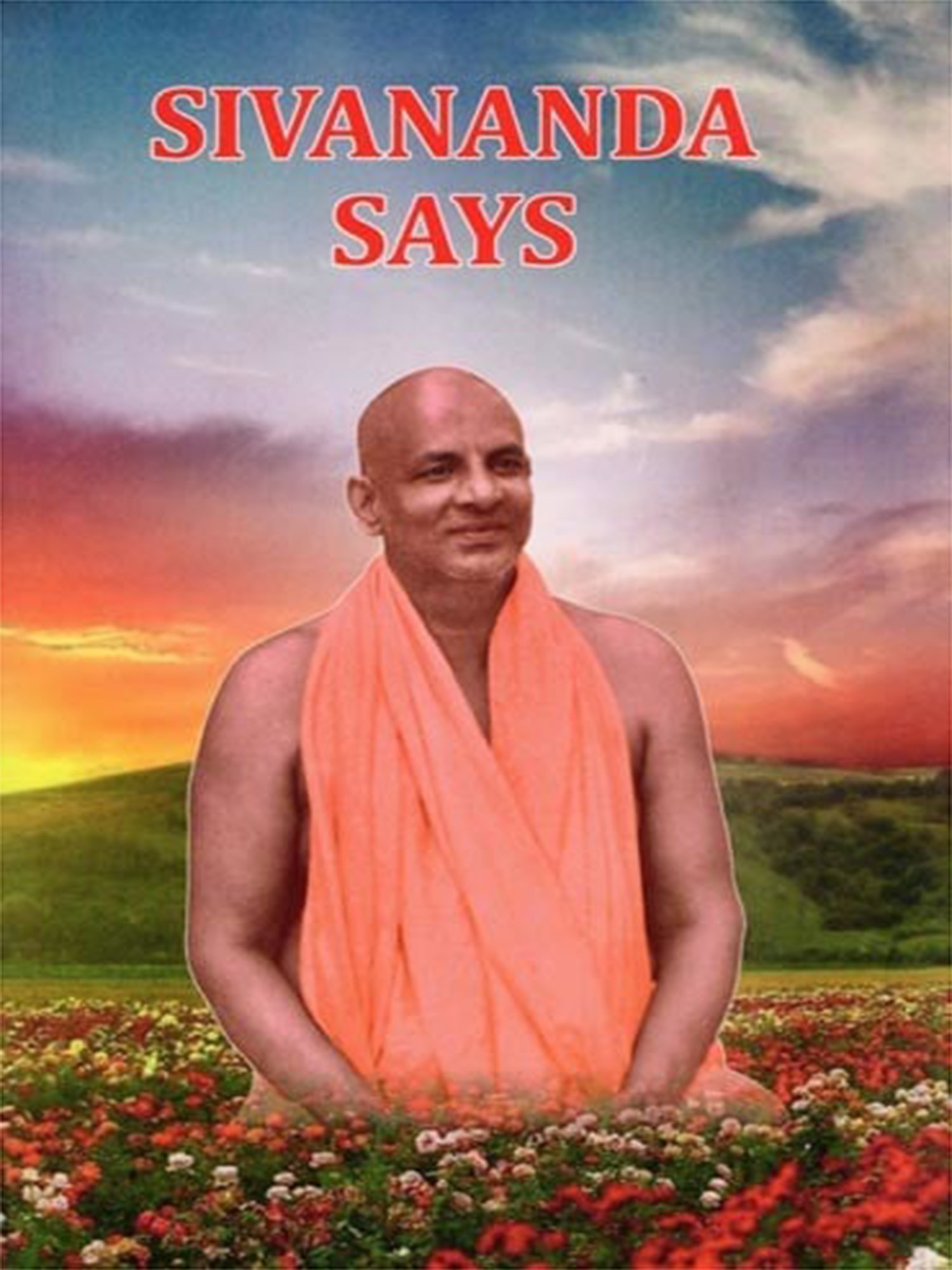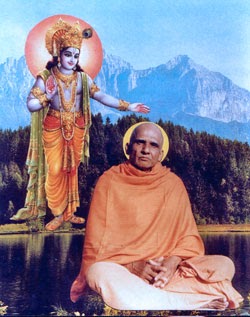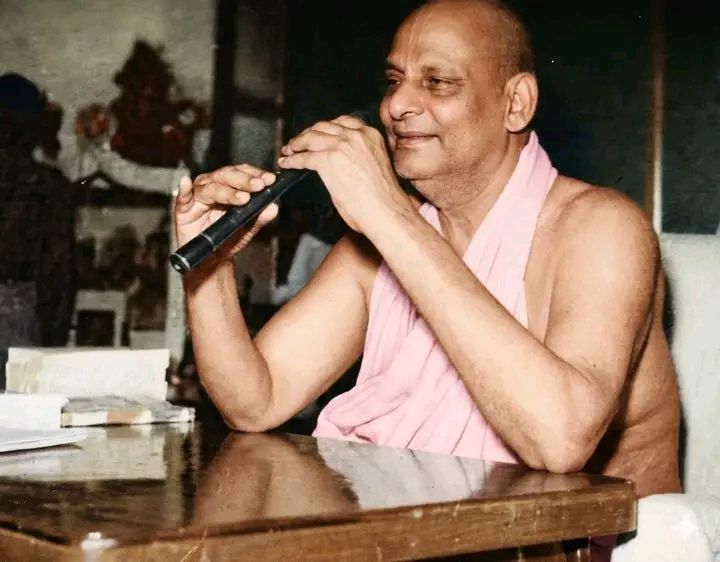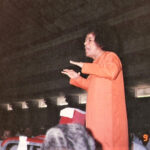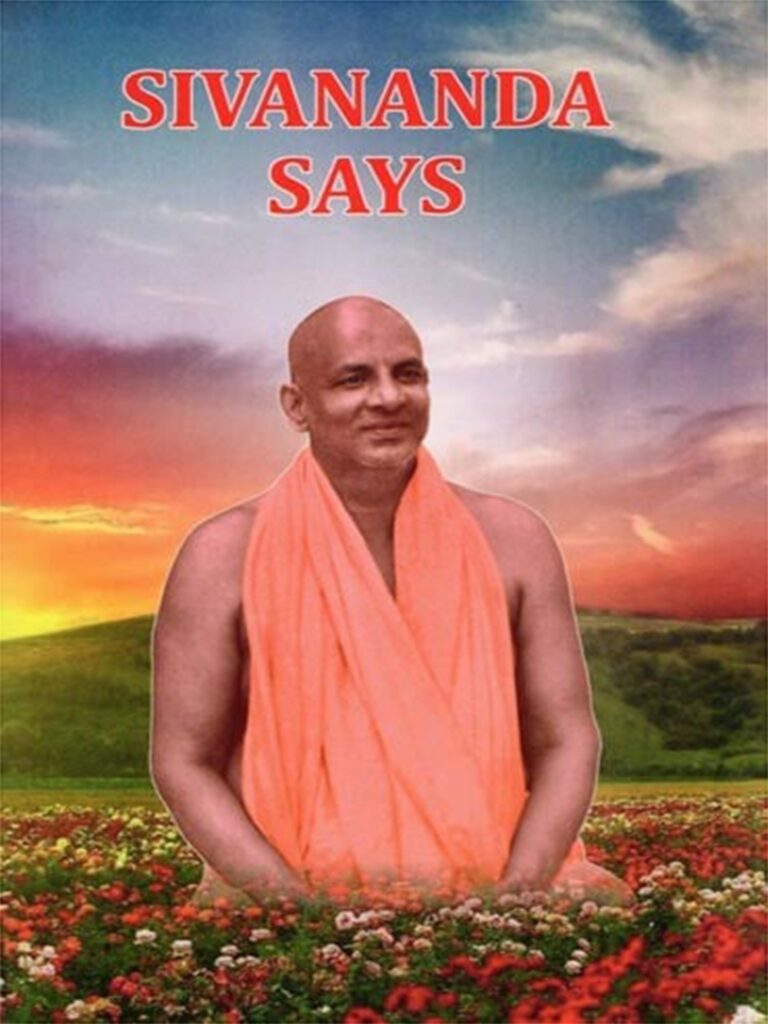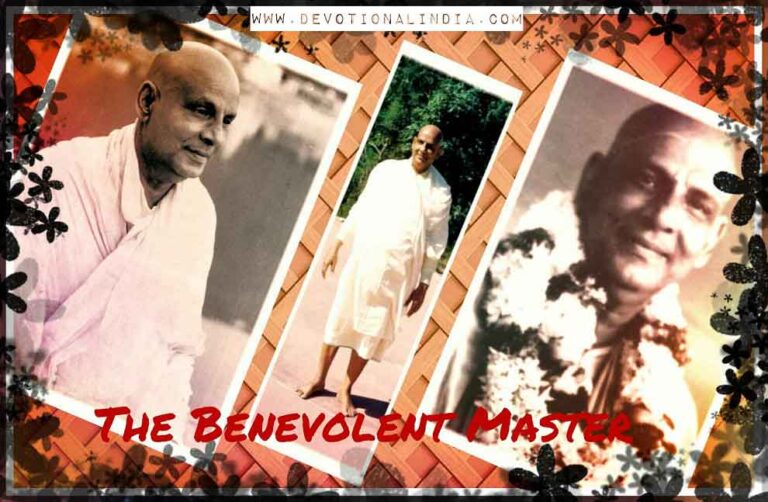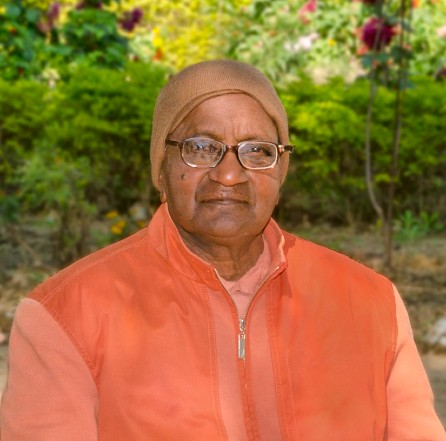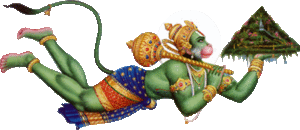Offer To God What He Is Fond Of Part – Ninety Five
Offer To God What He Is Fond Of
No festival in the Bharathiya tradition lacks a deep inner significance. In fact, these festivals, and means and modes of celebrating them have been passed on from generation to generation so that we would pause and reflect on the deep inner meaning of the rituals and of all that is associated with the festivals. No deity is as endearing and widely loved as Lord Ganesha. Bhagawan too never lost an opportunity to remind us to worship and reflect upon this ‘Elephant-headed remover of all obstacles’, worldly as well as spiritually. Every institution of Bhagawan, be it His schools and colleges, or hospitals and ashrams will always have a duly worshipped Ganesha idol
welcoming one and all. Why do we worship Ganesha? What is the significance of certain appellations of Lord Ganesha and what can we learn from them? In a discourse delivered on the occasion of Vinayaka Chaturthi in the year 1997 (6 September), Baba gave us answers to these questions and also spoke about the idea behind the celebration of such festivals. Even as we celebrate this Lord Ganesha, whose very thought fills us with energy, confidence and joy, we bring for you a few clips from that divine discourse!

Bharathiyas hail Vighneshwara as; “Oh Son of Parvathi! Master of theô Ganasô (Ganadhipathi).” Who is this Parvathi? Whose Son is this Ganapathi? What is the relationshipô betweenô Parvathi and Ganapathi? People do not normally enquire into this Truth. Usually, people say Parvathi is a Mother and Ganapathi Her Son. But no one recognizes the underlying unity between the two.
What is the meaning of the name Ganapathi? What are theseô Ganas?ô Where are theô Ganas?ô What is their form? When you investigate this, you find thatô the Jnanendriyasô andô Karmendriyasô (five organs of perception and the five organs of action) are theô Ganas.ô The mind is the master over these ten senses. That which transcends the mind and has the ability of discrimination is theô Buddhiô (intellect).
The ten senses, the mind and the intellect together add up to 12; these 12 entities are calledô Ganas.ô In the wordô Gana, Gaô stands forô Buddhiô (intellect).ô Naô meansô Vijnana (theô higher knowledge or wisdom). Ganapathi is the Lord of the intellect and the higher knowledge. The question may be asked: “Are the intellect and the higher knowledge present in the external world or are they to be found within man?” The answer is that He is present within each human being. There is no need to seek forô Ganapathiô in the outside world. Ganapathi dwells in every human being in the form of intellect and wisdom.
3. The inner significance and adoration of Parvathi and Ganapathi is not of recent origin. Ganapathi is lauded at several places in theô Rig Veda.ô This clearly shows that Ganapathi is as ancient as theô Vedas.ô In several hymnsô ofô the Vedasô and theô Upanishads,ô Ganapathi’s name is mentioned. There are many prayers addressed to Ganapati in theô Narayanopanishad.ô There are prayers to Him in theô Thaithiriya Upanishadô also.
Theô Ganapathi Gayathri Mantraô also figures in the formerô Upanishad.ô Vedas explains that Ganapathi is all powerful and all-pervading. As there is no master above Him, Ganapathi has the appellation Vinayaka. He is all powerful and independent. Without recognizing the esoteric significance of the Vinayaka Principle, people look only at the external form and offer worship in mundane terms, forgetting the inner view and understanding the inner significance.












